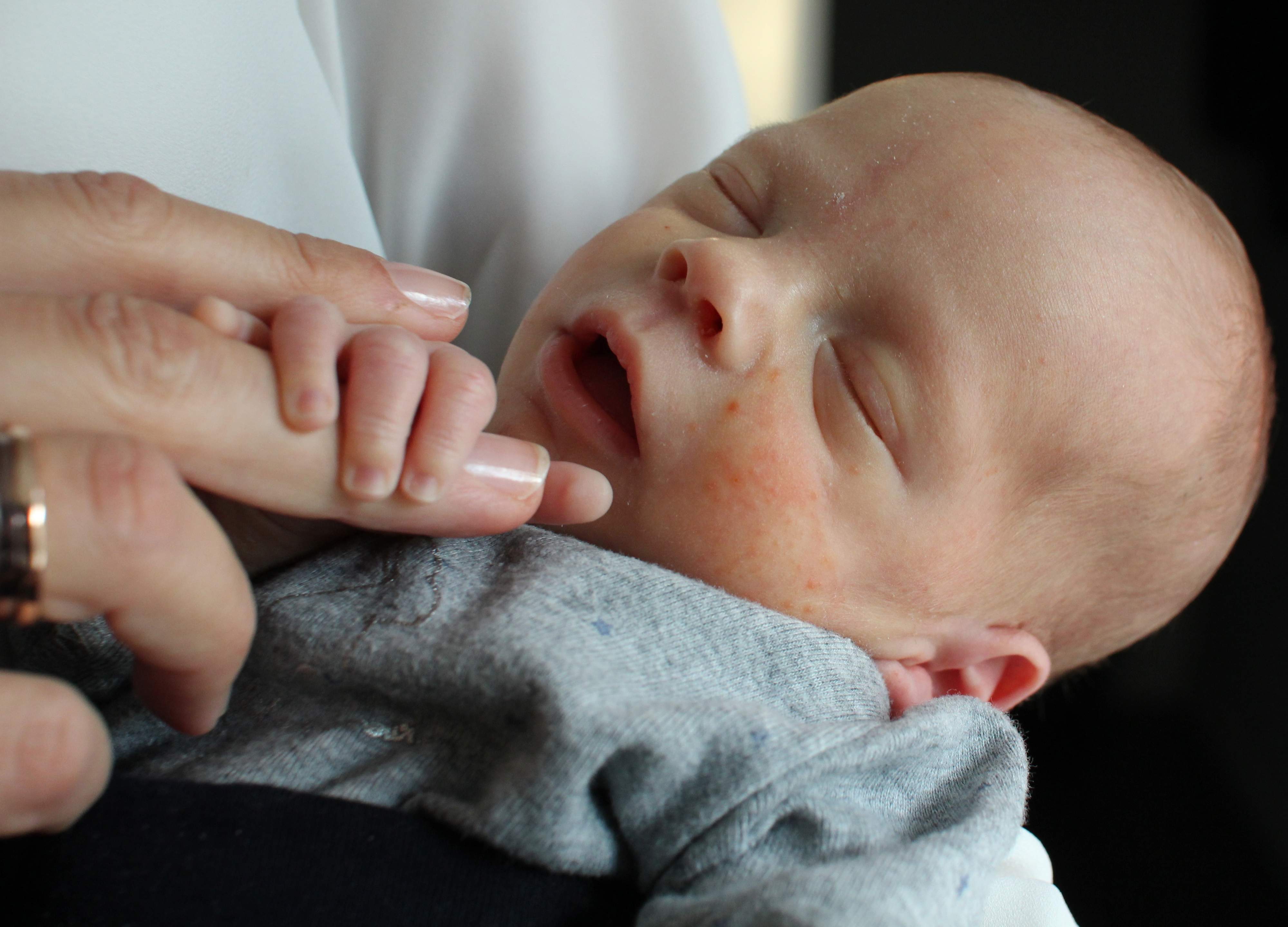 Swedish birth means revolutionary changes for Rokitansky syndrome
Swedish birth means revolutionary changes for Rokitansky syndrome
By Angela Espinoza, News Editor
The first baby to be born from a transplanted womb entered the world in September. On October 3, an announcement from the baby’s birth hospital in Sweden revealed the successful birth.
The baby, named Vincent, was born to his 39-year-old mother, who has kept her name and the name of the hospital private. Vincent’s mother had undergone the transplant along with eight other women in 2013. The nine transplants occurred as part of a trial to see if women suffering from absolute uterine factor infertility could be treated. Absolute uterine factor infertility, or Rokitansky syndrome, refers to women born without a womb. According to British online medical journal Medical News Today, Rokitansky syndrome is the “only type of female infertility still considered to be untreatable.”
The success of Vincent’s birth has increased the possibility that Rokitansky syndrome may no longer be a threat to affected women hoping to give birth to their own children. The womb Vincent’s mother carries was donated from a 61-year-old family friend. Medical News Today stated that because the friend’s womb still had healthy ovaries, Vincent’s mother was able to produce the eggs necessary for a child.
During week 31 of the pregnancy, Vincent’s mother experienced preeclampsia, “the most common complication that can occur during a pregnancy” according to the medical journal. Preeclampsia causes a spike in blood pressure, and in the case of Vincent’s mother, required her son be born via cesarean immediately. Despite being born several weeks early, Vincent’s otherwise been reported to be healthy.
The Associated Press revealed on October 4 that Vincent’s mother had been informed of her Rokitansky syndrome at the age of 15. “I was terribly sad when doctors told me I would never carry my own child,” she said to the organization.
She eventually found out about the transplant trial, run by the University of Gothenburg and Stockholm IVF’s Dr. Mats Brännström. “Mats told us there were no guarantees, but my partner and I … we thought this was the perfect idea.”
Vincent’s father told the BBC, “It was a pretty tough journey over the years, but we now have the most amazing baby.”
Following Vincent’s birth, an Associated Press article by Maria Chang revealed another two women from the nine test subjects are to give birth to their own children in the coming weeks.
“It means a lot to me that we are able to help patients who have tried for so long to have families,” Brännström said in an interview with the Associated Press. “This is the last piece of the puzzle in finding a treatment for all women with infertility problems.”
Vincent is hopefully the first of many future babies born using the womb transplant method.
